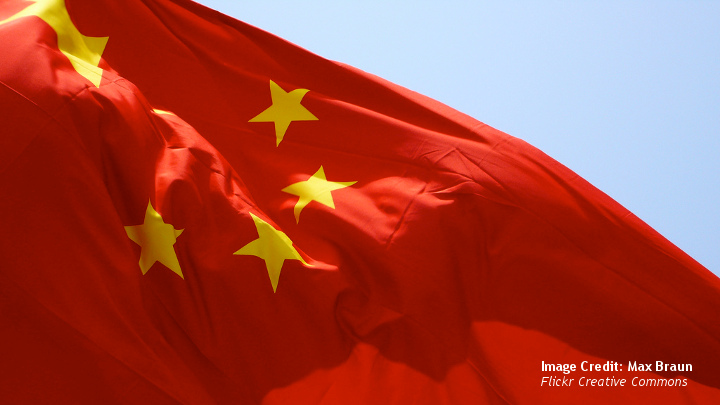Shifting China-NATO Relations: From Selective Cooperation to Strategic Rivalry?

Jagannath P. Panda
Introduction:
On March 15, North Atlantic Treaty Organization (NATO) General Secretary Jens Stoltenberg called on China to withdraw its support for Russia and to condemn its “brutal” invasion of Ukraine (NATO, March 15). The next day, the nationalistic state media outlet Global Times issued a scathing criticism of NATO as a “puppet” of the United States that is “stained with blood” (Global Times, March 16). China’s aversion to NATO is hardly new. However, as China continues to rise and the global center of gravity shifts to the Indo-Pacific region, Beijing’s fears that U.S. is seeking to establish an “Asian NATO” via partnerships like the Quadrilateral Security Dialogue (Quad), have also increased (China Daily, June 6, 2004; Global Times, October 11, 2020). Concurrently, China’s exponential rise, its coercive behavior and Beijing’s ‘special’ relationship with Moscow have significantly altered its relationship with NATO.
This article analyzes the drivers of the recent disconnect between NATO and China, especially given Beijing’s ambivalent position on the Russian invasion of Ukraine. In doing so, this piece seeks to answer the following questions: are Beijing’s fears of NATO expanding or replicating in the Indo-Pacific legitimate? Will the “no-limits” China-Russia friendship test existing U.S.-led Indo-Pacific security coalitions?
You can read the full China Brief on The Jamestown’s Foundation’s website.
Related Publications
-
Needed, a Framework to Protect Undersea Cables
In the data-driven world we live in, submarine cables are the arteries that connect nation-states and their people in literally every human activity, including trade, commerce, entertainment, and social interactions. […]
-
India-Japan-Philippines: A Strategic Maritime Trilateral or More?
Regional states like India, Japan, and the Philippines have been seeking cooperative solutions with other middle powers that can both counter the Chinese influence and fulfill other economic as well […]
-
The Political Split at the Heart of Taiwan’s Struggle against Foreign Disinformation
Taiwan’s struggle against foreign disinformation and concerns about China’s impact on its 2024 election has received much international attention recently. This issue brief examines the domestic and international politics behind […]
-
ISDP Annual Report 2023
ISDP’s Annual Report for the year 2023. We look back on 2023, a year in which tensions and conflicts captured the strategic space in ISDP’s focus areas, making headlines around […]
-
A Possible Strategy for the Defense of Taiwan
This issue brief examines the possibility of a People’s Liberation Army’s (PLA) offensive to capture the island of Taiwan from a military perspective. It analyzes the military geography, the threat […]




